Zheng Qinwen falls short in Indian Wells quarterfinals, losing in straight sets to her nemesis Swiatek.
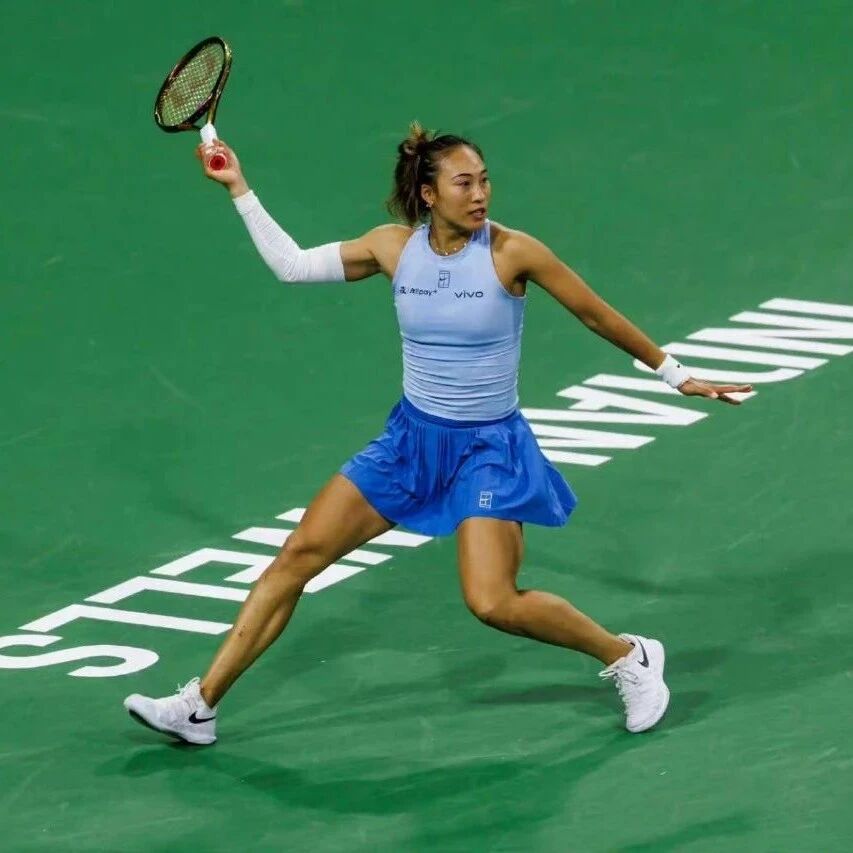
In the early hours of March 14, Beijing time, the WTA 1000 Indian Wells women's singles quarterfinal saw an electrifying matchup between Zheng Qinwen and Iga Świątek—a clash that drew widespread attention. Beyond being a showdown between two tennis titans, this match served as a crucial test for Zheng Qinwen to gauge her own competitive edge. Ultimately, Zheng fell short in a hard-fought battle, losing 3-6, 3-6 to Świątek and bowing out in the quarterfinals.
At the start of this season, Zheng Qinwen struggled with injuries and inconsistent form, resulting in early exits at the Australian Open, Doha, and Dubai. But as she returned to Indian Wells, her game began to click again with coach Riba by her side. She steadily regained her momentum, stunning opponents like Azarenka, Sun LuLu, and Kostyuk along the way to reach the quarterfinals—erasing her previous struggles and riding high on confidence.
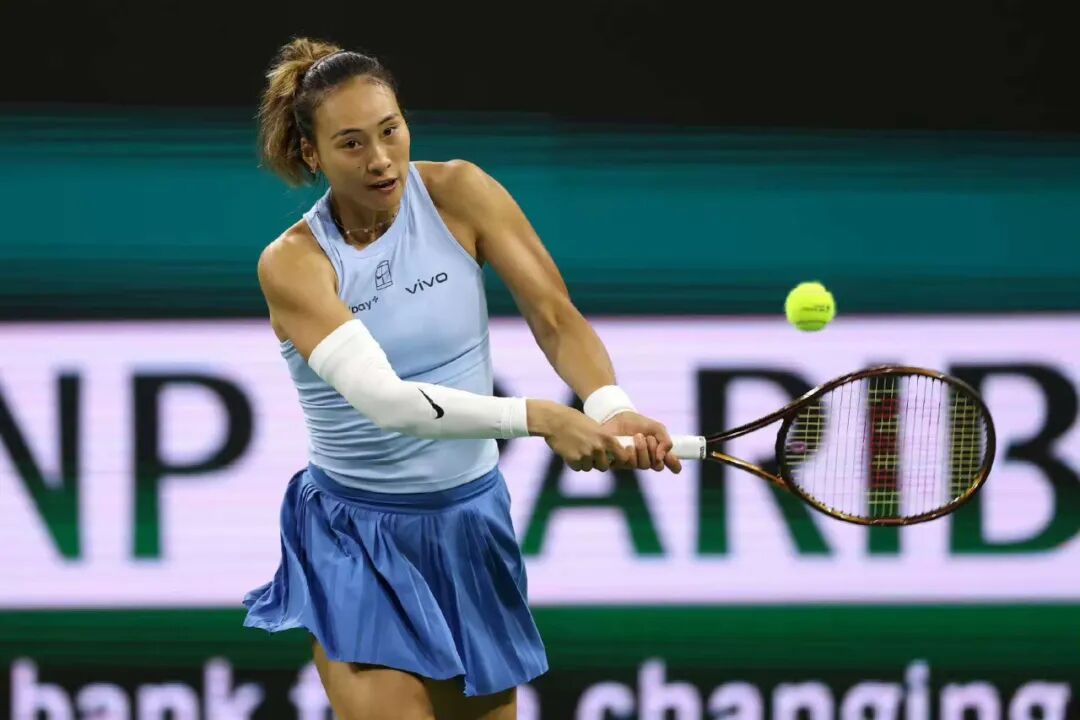
Swiatek, the world No. 2 and a four-time Grand Slam champion, is one of women's tennis' elite players. In the early rounds of this tournament, she showcased her dominant form, easily dispatching several opponents and arriving in sensational shape—making her the clear favorite to win the title. Meanwhile, Zheng Qinwen has faced Swiatek multiple times before, with her only victory coming in the semifinals of the 2024 Paris Olympics; in all other encounters, she’s come up short, putting her squarely at a disadvantage in their head-to-head record.
At the start of the match, Swiatek quickly found her rhythm, delivering sharp attacks and maintaining steady play. She held her serve first, then broke her opponent's, taking a 2-0 lead. Under Swiatek’s relentless pressure, Zheng Qinwen patiently waited for opportunities during baseline rallies—but Swiatek’s defense was impenetrable, leaving Zheng struggling to find a breakthrough. Midway through the set, Swiatek struck another crucial break, extending her lead to 5-1 and earning the first opportunity to serve for the set.
Just when everyone thought the first set was about to come to a decisive close, Zheng Qinwen showcased her relentless fighting spirit, managing to break Swiatek’s serve and then holding her own to win two consecutive games, bringing the score to 3-5. During this critical stretch, Zheng intensified her serve with sharper aggression and varied landing points, while also daring to take the initiative by changing angles during baseline rallies, putting Swiatek under some serious pressure. Nevertheless, Swiatek, relying on her wealth of experience and consistent performance, held her serve in the second-set-decisive game to clinch the opening set 6-3.
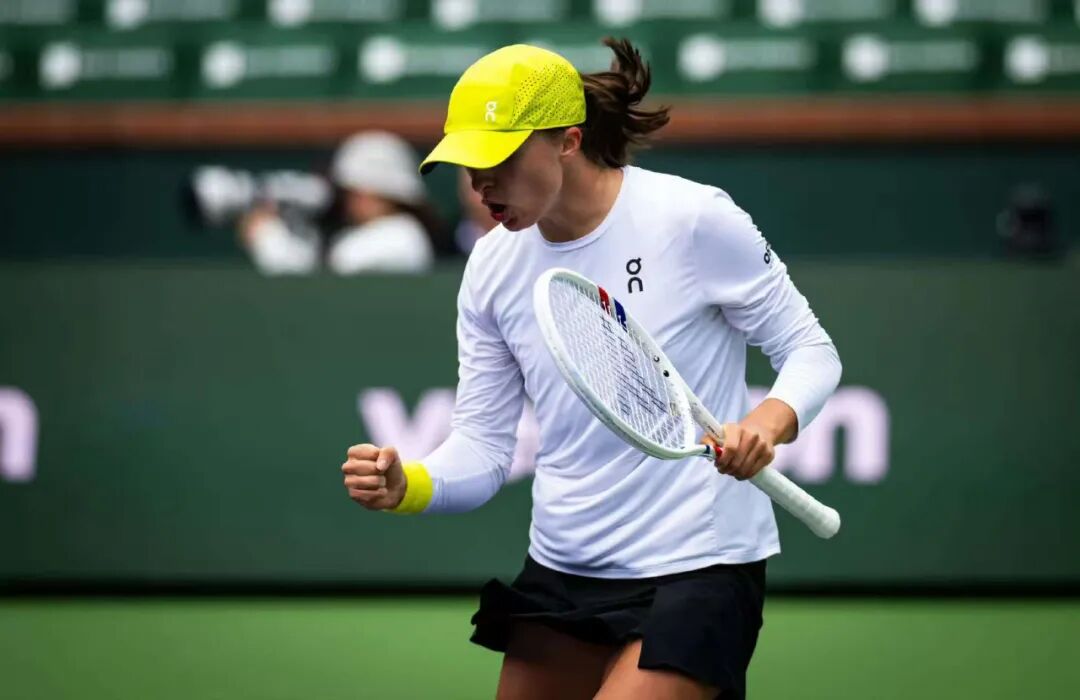
Looking at the stats from the first set, Swiatek boasted higher first-serve success and first-serve point-winning rates than Zheng Qinwen. Swiatek also had a clear edge in converting break points. Although Zheng Qinwen mounted a strong comeback when trailing in the score, she still fell short of Swiatek in handling crucial points.
In the second set, Zheng Qinwen served first but, despite taking an early lead, was leveled by Swiatek, who then broke her serve. From that point on, Swiatek seized the momentum, ramping up the pace of the match. With her precise returns and aggressive net play, she quickly extended her lead to 4-0. Throughout this stretch, Zheng Qinwen struggled to stay proactive, committing more unforced offensive errors and finding it increasingly difficult to defend against Swiatek's relentless attacks.
Trailing 2-5, Zheng Qinwen refused to give up, once again showcasing her resilience by successfully breaking Swiatek's serve in the match point game. However, Swiatek quickly earned two match points during Zheng’s subsequent service game. In the end, Zheng Qinwen double-faulted on her own serve, allowing Swiatek to clinch the second set 6-3 and seal the victory.
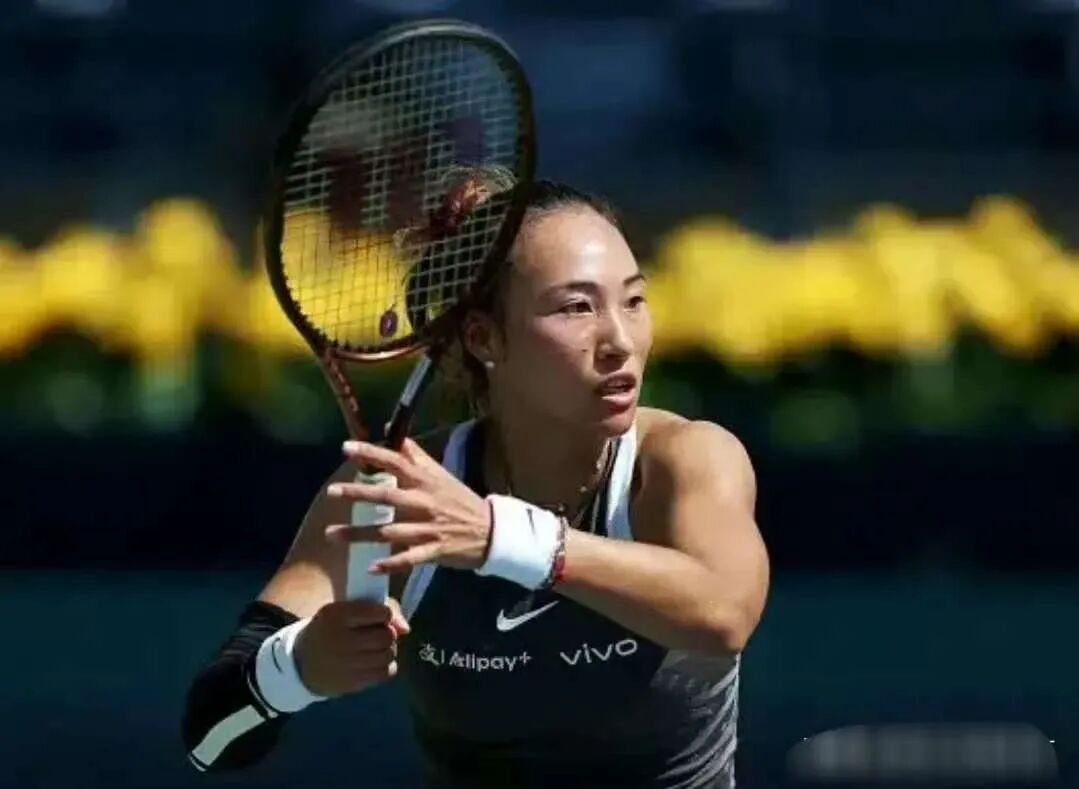
In the second set, Zheng Qinwen experienced a noticeable increase in unforced errors, which hampered her offensive efficiency and disrupted the flow of the match. Meanwhile, Swiatek maintained consistent performance throughout, handling crucial points with greater decisiveness.
Throughout the match, Zheng Qinwen's first-serve success rate was 58%, with a first-serve point win rate of 53%, while Swiatek recorded 65% and 74%, respectively. Zheng Qinwen committed as many as 29 unforced errors, significantly higher than Swiatek's 16. In terms of break-point conversion, both players earned 5 break points each, but Zheng Qinwen managed to convert only 2, whereas Swiatek capitalized on all 5 opportunities.
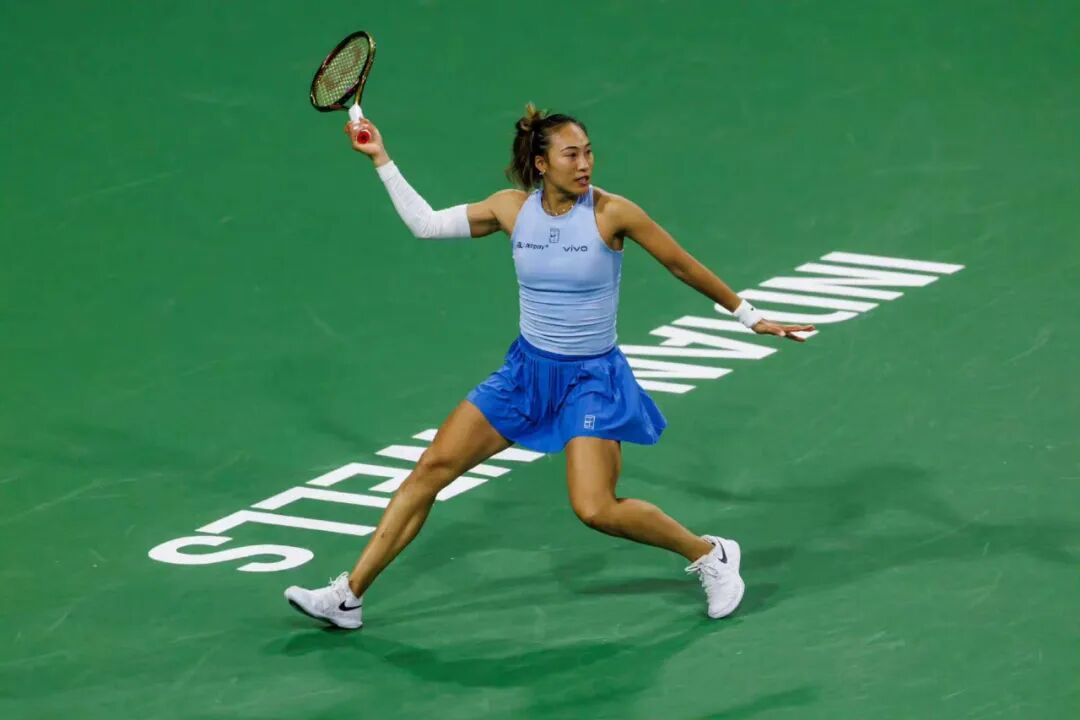
In this match, Zheng Qinwen showed gaps compared to Swiatek in areas like serving, handling crucial points, and managing errors. However, her relentless fighting spirit and ability to adapt positively during the game are definitely worth praising. Even when trailing, she refused to lose heart, instead actively searching for opportunities and putting Swiatek under significant pressure.
At this year's Indian Wells tournament, Zheng Qinwen advanced to the quarterfinals, marking her best-ever performance in the event—previously, she had been eliminated in the second round during her two prior appearances. Although she fell short in the quarterfinal clash, these matches have already provided her with invaluable experience, thanks to her hard-fought victories and intense battles against top-ranked players. They’ve also showcased her impressive resurgence and steady progress. We’re confident that Zheng Qinwen will use this tournament as a stepping stone, carefully reflecting on both successes and challenges to keep improving in future competitions—and ultimately deliver even more thrilling performances for her fans.
Related Articles
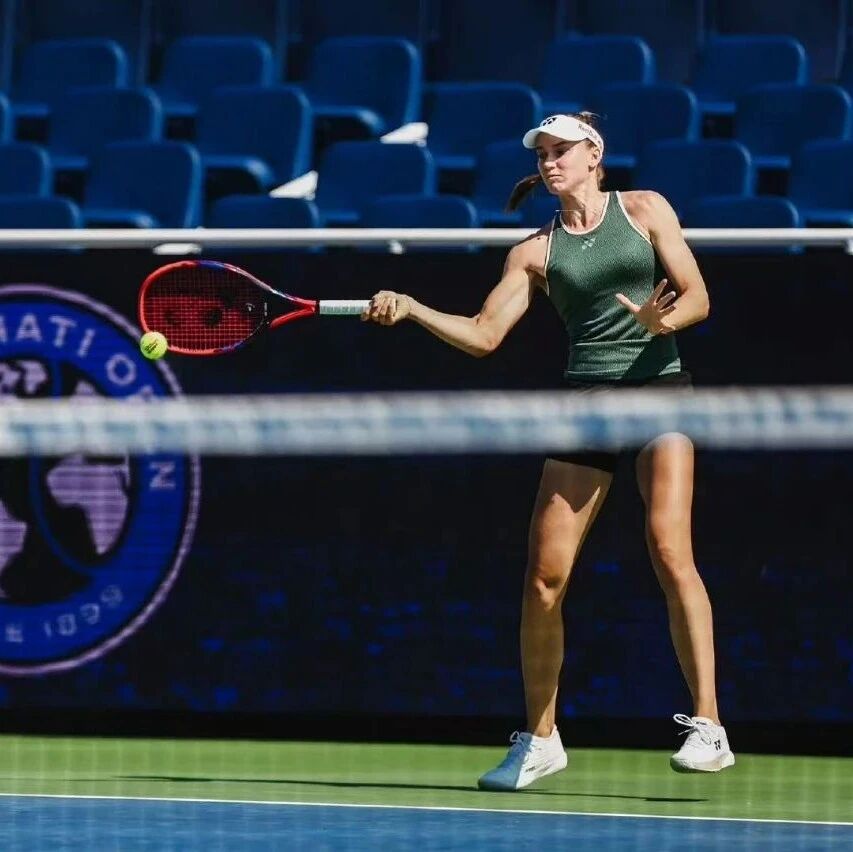
The men's and women's singles draw for the Cincinnati Open has been announced—Novak Djokovic will miss the chance to defend his title.
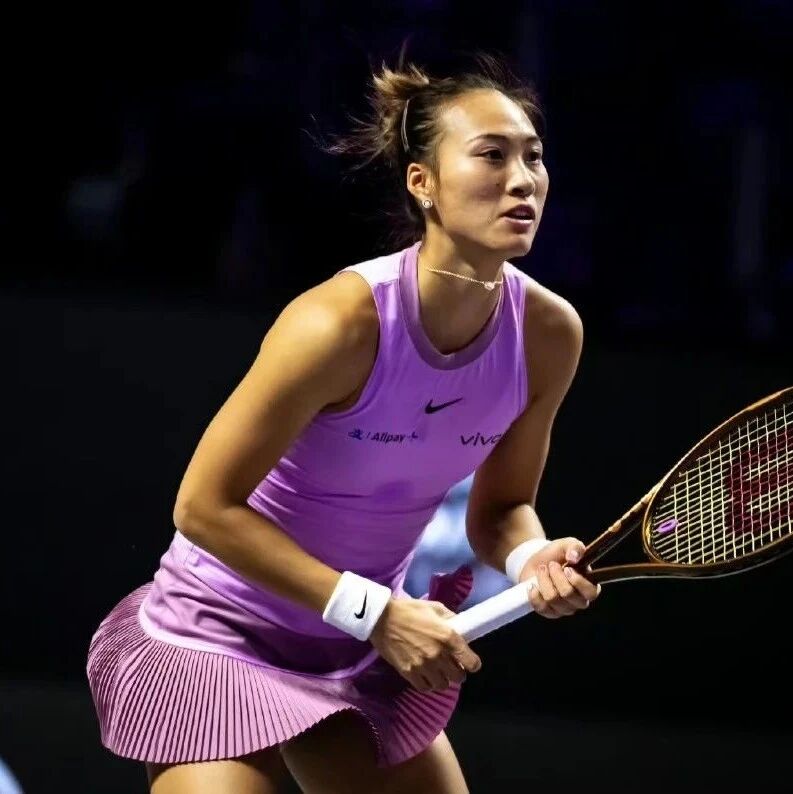
Sabalenka and Gauff advance first, while Zheng Qinwen and Paolini battle for the remaining spot.
